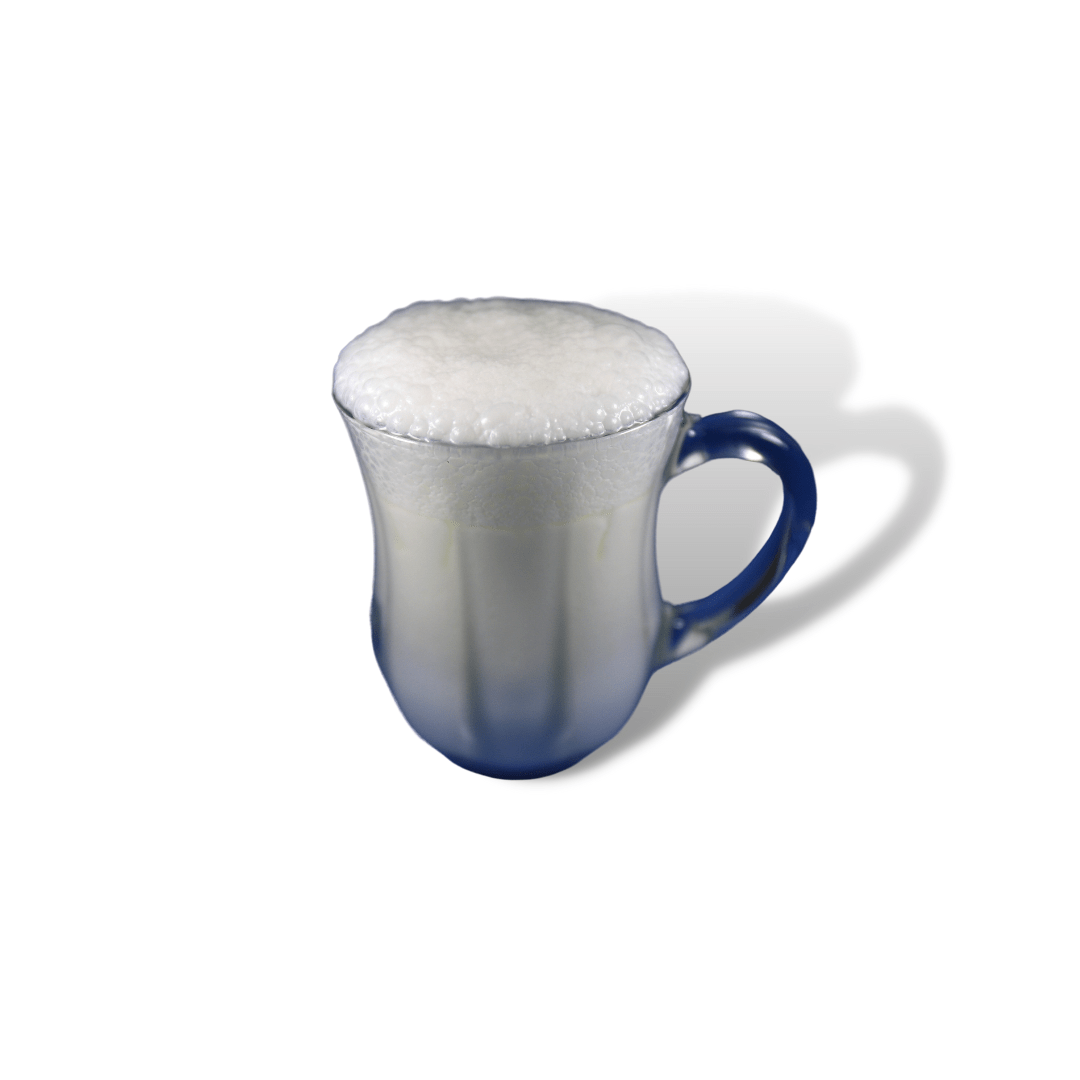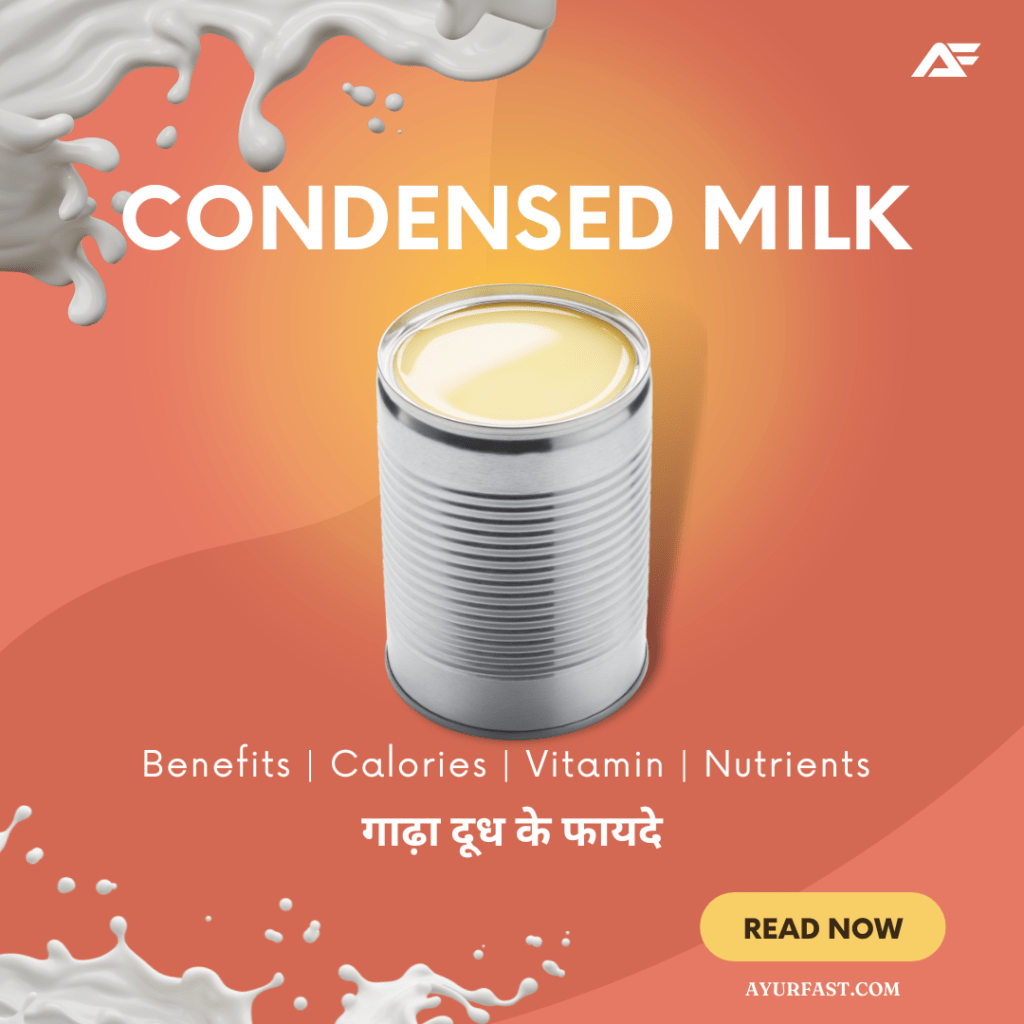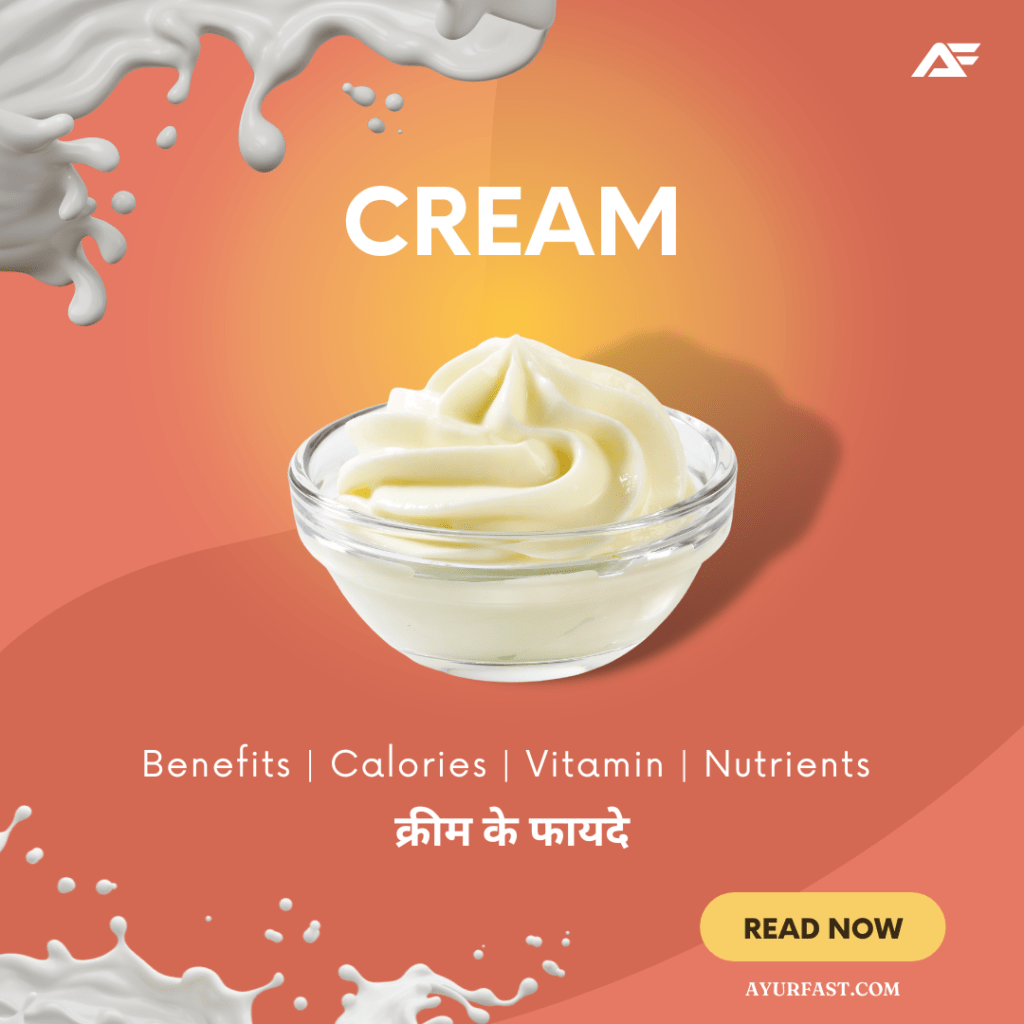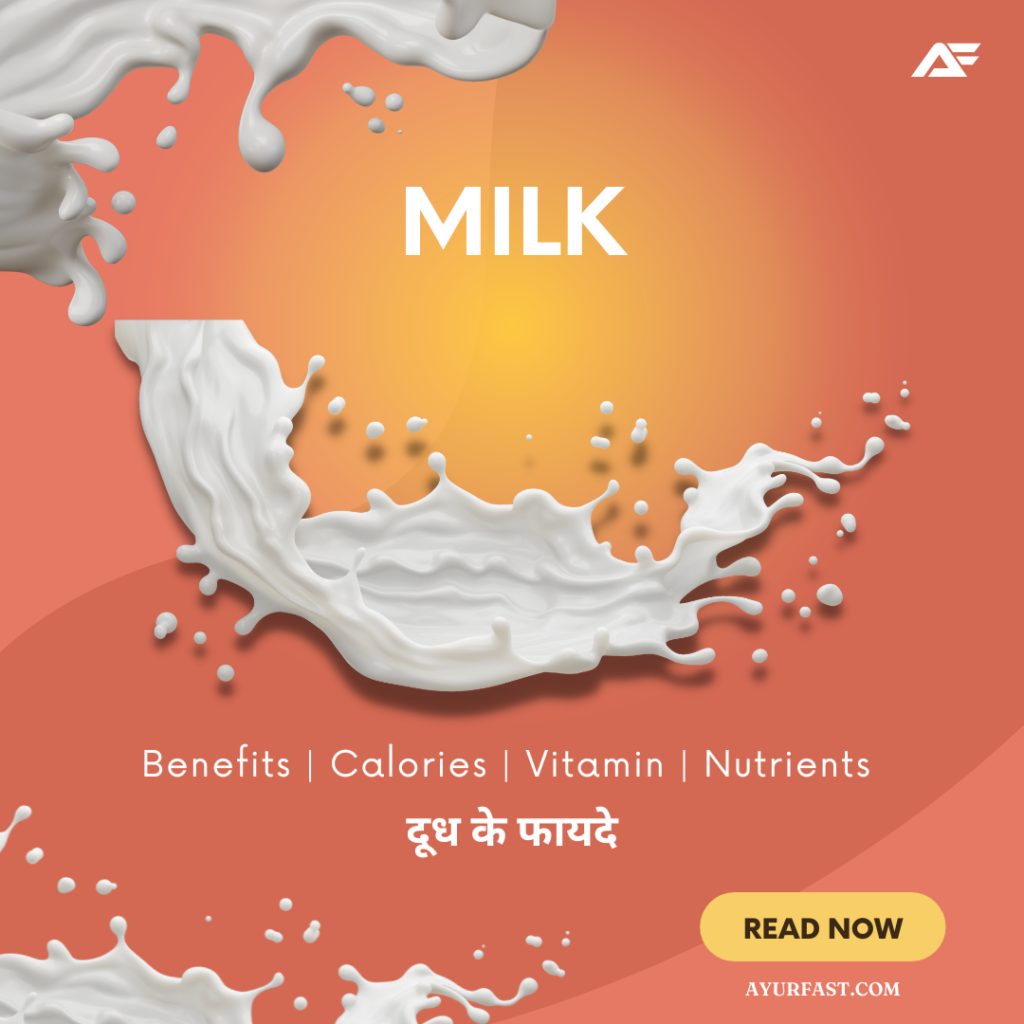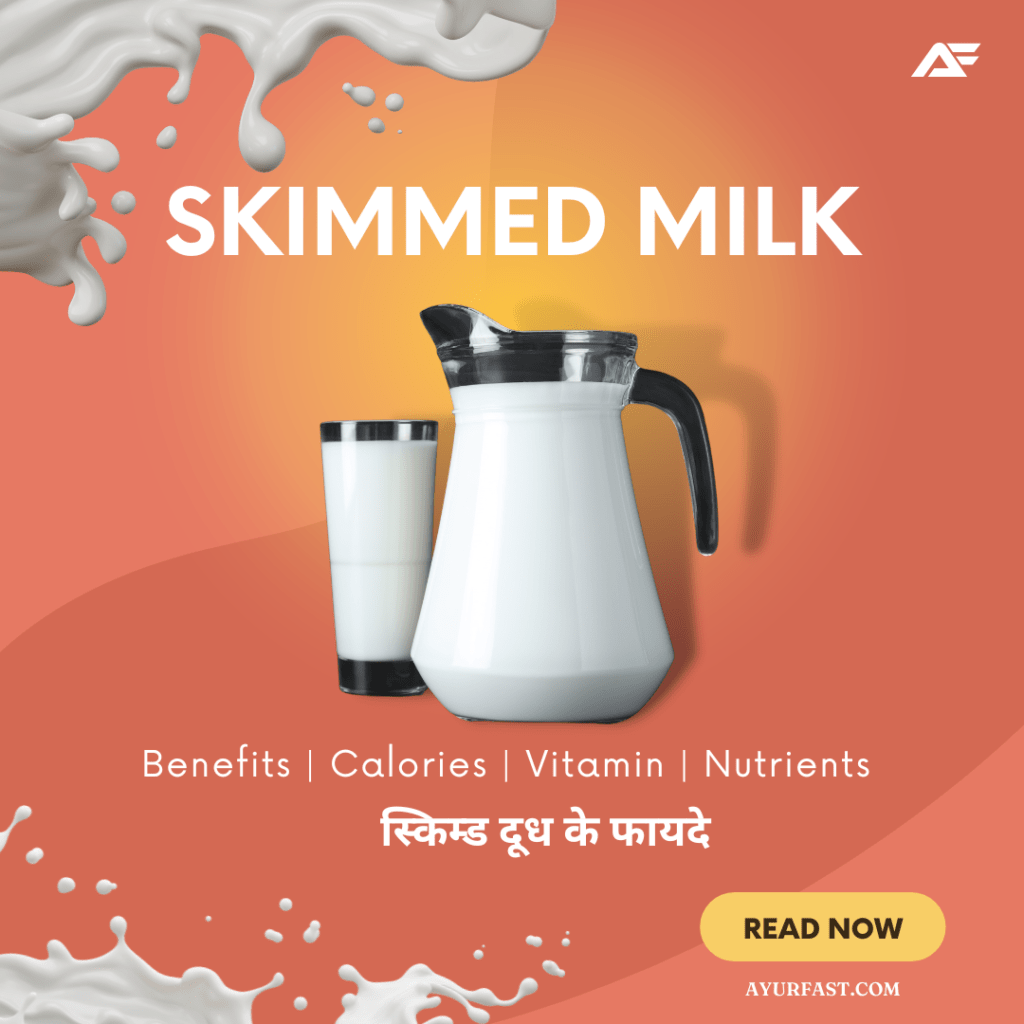About
Buttermilk is a dairy-based beverage that is made by fermenting milk with lactic acid bacteria. It has a slightly sour taste and a thin consistency. Traditionally, buttermilk was the leftover liquid after churning butter, but nowadays it is typically made by adding lactic acid bacteria to pasteurized milk.
Health benefits of Buttermilk:
- Helps in digestion: Buttermilk contains lactic acid, which helps in breaking down the food in the stomach and aids digestion. It also helps in relieving constipation.
- Lowers blood pressure: The potassium present in buttermilk helps in reducing blood pressure.
- Provides probiotics: The lactic acid bacteria present in buttermilk provide probiotics that help in promoting gut health and boost immunity.
- Lowers cholesterol: Buttermilk is low in fat and high in protein, which makes it an ideal beverage for people with high cholesterol levels.
- Good source of vitamins and minerals: Buttermilk is a rich source of vitamins and minerals like calcium, phosphorus, riboflavin, and vitamin B12.
Health losses of Buttermilk:
- May contain added sugars: Some commercial brands of buttermilk may contain added sugars which can add to the calorie content of the beverage and be detrimental to health.
- High in sodium: Buttermilk is high in sodium which can lead to water retention and increase blood pressure in some people.
- Not suitable for people with lactose intolerance: Buttermilk is a dairy-based beverage and is not suitable for people with lactose intolerance.
Preparation method:
- In a bowl, add 1 cup of yogurt and 2 cups of water.
- Mix well until it has a smooth consistency.
- Add salt and cumin powder to taste.
- You can also add chopped coriander leaves, green chilies, and ginger for added flavor.
- Mix well and serve chilled.
Treatments it can be used for:
- Dehydration: Buttermilk is an excellent hydrating agent and is used to treat dehydration caused by excessive heat or strenuous exercise.
- Diarrhea: Buttermilk contains probiotics that help in promoting gut health and can be used to treat diarrhea.
- Sunburn: Buttermilk has a soothing effect on the skin and can be applied topically to treat sunburn.
- Hangover: Buttermilk can be used to treat a hangover as it helps in rehydrating the body and replenishing lost nutrients.
Harms of overdose:
- May lead to bloating and indigestion.
- May cause an upset stomach and nausea.
- May lead to diarrhea in some people.
- This may lead to an increase in blood pressure due to its high sodium content.
Per day maximum consumption chart:
- Child (1-3 years): 1/2 cup (120 ml)
- Child (4-8 years): 3/4 cup (180 ml)
- Child (9-13 years): 1 cup (240 ml)
- Adult Man: 2 cups (480 ml)
- Adult Woman: 1 1/2 cups (360 ml)
Macro Nutrient Content of Buttermilk (per serving of 50g):
| Nutrient | Amount |
|---|---|
| Energy | 23 kcal |
| Carbohydrates | 2.2 g |
| Fats | 0.4 g |
| Protein | 2.3 g |
| Fiber | 0 g |
| Water Content | 45 g |
Vitamin Content of Buttermilk (per serving of 50g):
| Vitamin | Amount |
|---|---|
| Vitamin A | 5 IU |
| Vitamin B1 (Thiamine) | 0.02 mg |
| Vitamin B2 (Riboflavin) | 0.1 mg |
| Vitamin B3 (Niacin) | 0.2 mg |
| Vitamin B6 | 0.02 mg |
| Vitamin B12 | 0.1 mcg |
| Vitamin C | 0.4 mg |
| Vitamin D | 0 IU |
| Vitamin E | 0.1 mg |
| Vitamin K | 0.2 mcg |
| Folate | 1 mcg |
| Biotin | 0.1 mcg |
Mineral Content of Buttermilk (per serving of 50g):
| Mineral | Amount |
|---|---|
| Calcium | 90 mg |
| Iron | 0.1 mg |
| Iodine | 0.6 mcg |
| Zinc | 0.3 mg |
| Magnesium | 8 mg |
| Phosphorus | 75 mg |
| Potassium | 110 mg |
| Sodium | 48 mg |
| Chloride | 76 mg |
| Copper | 0.02 mg |
| Chromium | 0.2 mcg |
| Fluoride | 0.1 mg |
| Molybdenum | 1 mcg |
| Manganese | 0.02 mg |
| Selenium | 0.7 mcg |
What is buttermilk?
Buttermilk is a fermented dairy drink made by adding lactic acid bacteria to milk.
How is buttermilk made?
Buttermilk can be made by adding a culture to milk or by using the liquid left over from churning butter.
What are the health benefits of drinking buttermilk?
Buttermilk is a good source of calcium, protein, and probiotics. It can aid in digestion and promote gut health.
How can I use buttermilk in cooking and baking?
Buttermilk can be used as a marinade or brine, in salad dressings, and in baked goods such as pancakes, waffles, and biscuits.
What is the nutritional value of buttermilk?
Buttermilk is low in fat and calories, but high in calcium, protein, and other important nutrients.
How long does buttermilk last?
Buttermilk typically lasts 7-10 days in the refrigerator.
Is buttermilk good for weight loss?
Buttermilk can aid in weight loss due to its low-fat content and high protein and calcium levels.
How does buttermilk benefit bone health?
Buttermilk is a good source of calcium, which is important for strong bones and teeth.
How does buttermilk support the immune system?
Buttermilk contains probiotics, which can help support the immune system.
Is buttermilk safe for people with lactose intolerance?
Buttermilk is lower in lactose than regular milk, but may still cause issues for those with lactose intolerance.
Can buttermilk be used in smoothies?
Yes, buttermilk can be used in smoothies for a tangy flavor and added nutrients.
How can buttermilk be used in salad dressings?
Buttermilk can be used to make a creamy and tangy salad dressing, such as buttermilk ranch.
Can buttermilk be frozen for later use?
Yes, buttermilk can be frozen for up to 3 months.
How does buttermilk aid in digestion?
Buttermilk contains probiotics, which can help promote healthy gut bacteria and aid in digestion.
How can buttermilk be used in baking?
Buttermilk can be used in baked goods to add moisture and a tangy flavor.

